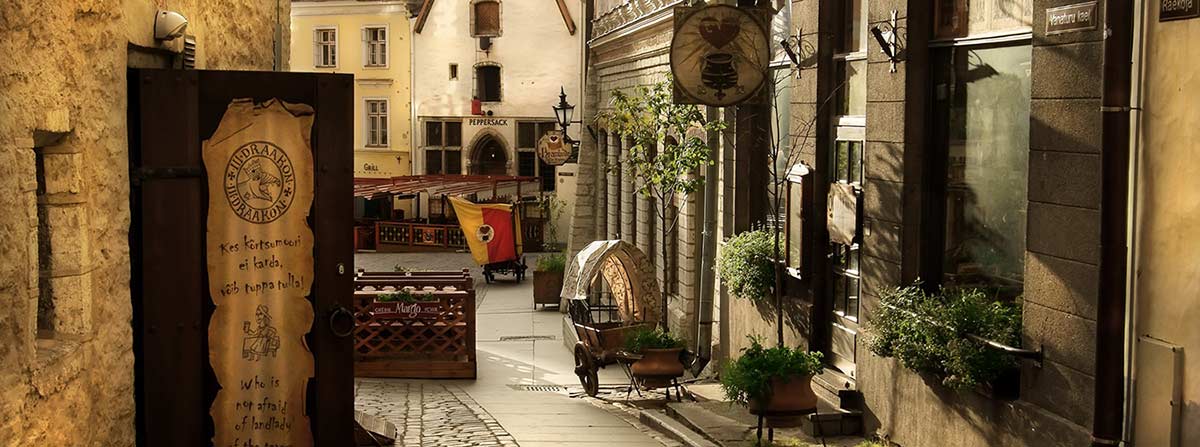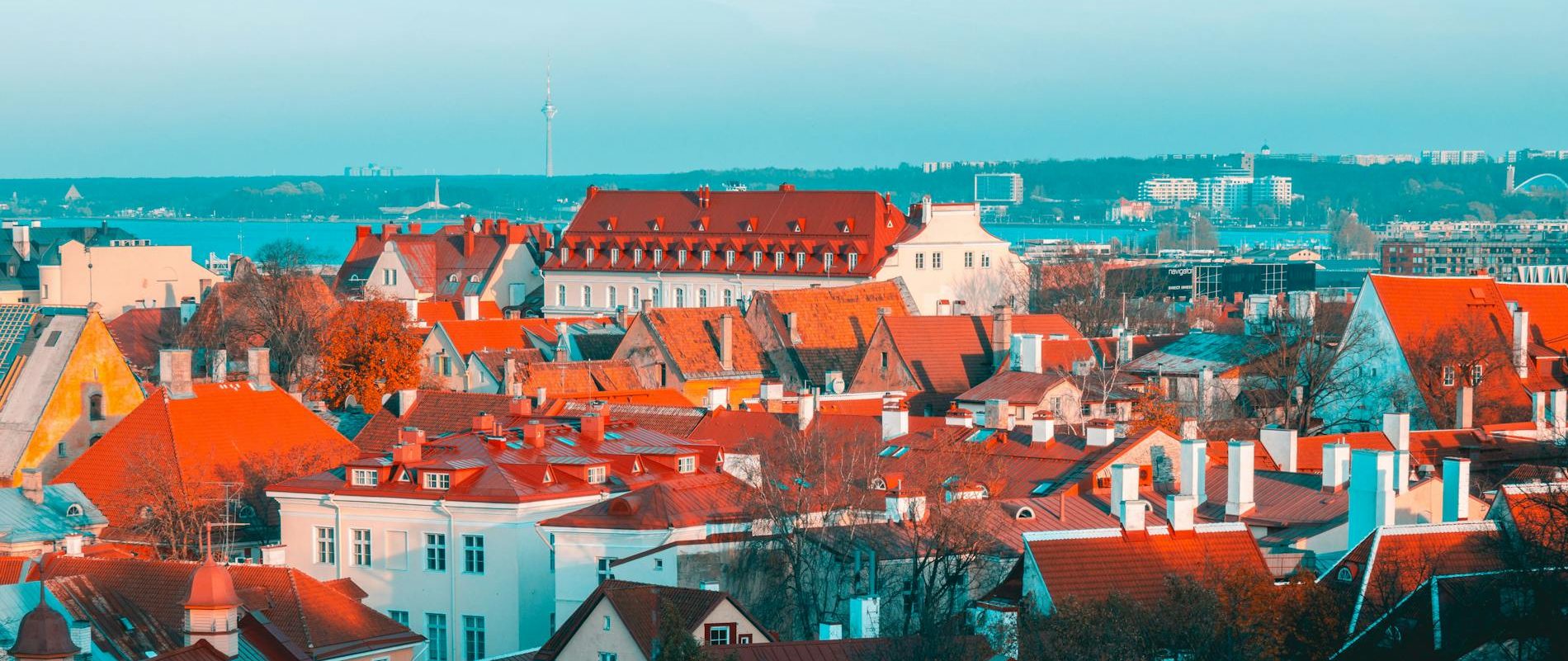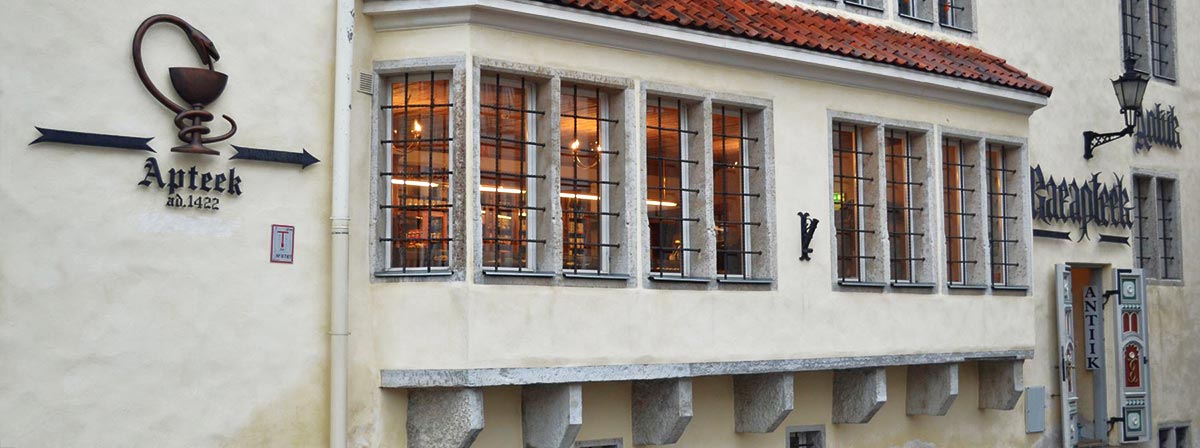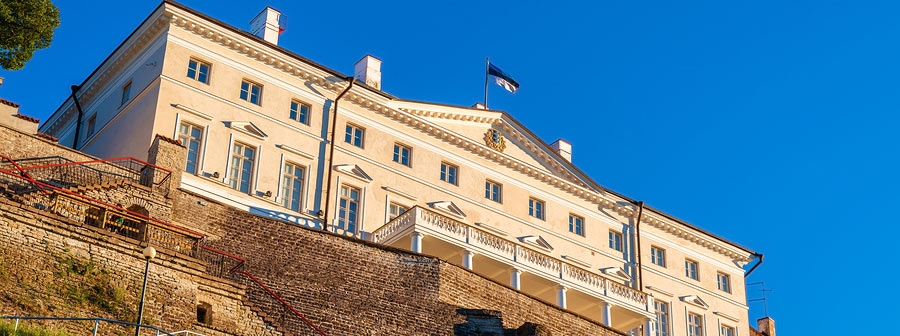
Estonian is the official language of Estonia, but the North and South have different dialects. These result from two migrations into Estonia each having different Finnish language. The Northern dialect has taken precedence, but Demark, Germany , Sweden and Russia have all contributed to making Estonian culture equipped with a unique language, unlike the other Baltic languages or Russian. However, around a quarter of the population speak Russian. German is sometimes spoken in the Baltic areas, as is Swedish in the north-west.
The family is the backbone of Estonian life; they look after the elderly as part of the family. Oral traditions have been very influential, keeping tradition alive during Soviet occupation. Singing is especially effective – they sung their way to freedom in the 1989-1991 “Singing Revolution”
You may find Estonians rather reserved on first meeting them, although they do warm up after they have got to know you a bit. If you are invited for a meal, arrive promptly and dress conservatively. Check to see whether shoes are worn inside and try to finish what is on your plate.
The state finances many cultural venues – libraries, museums and theatres. Bars and night clubs are very popular in Tallinn – and often open at noon, so you can lunch or dine there, too. The following web site will give you lots of information about Estonia and what is on offer there: Estonia in your pocket.
You can laze on white sandy beaches or participate in cross country skiing. There are three national parks with unspoilt bogs, lakes and forest with picturesque old houses and villages.
Learn more about living in Estonia.
Check prices of removals to Estonia.
 Living in Estonia as an Expat
Living in Estonia as an ExpatLiving in Estonia as an Expat Estonia, a small but innovative country in Northern Europe, has become an…
 Health Care in Estonia
Health Care in EstoniaQuestions of social insurance, pensions and health care in Estonia are paramount when…
 Relocating to Estonia from the UK
Relocating to Estonia from the UKThe World Wife-Carrying Champions Estonian men prove their virility by carrying…
 Driving in Estonia
Driving in EstoniaPublic transportation Tallinn International Airport is two miles south east of the city centre;…